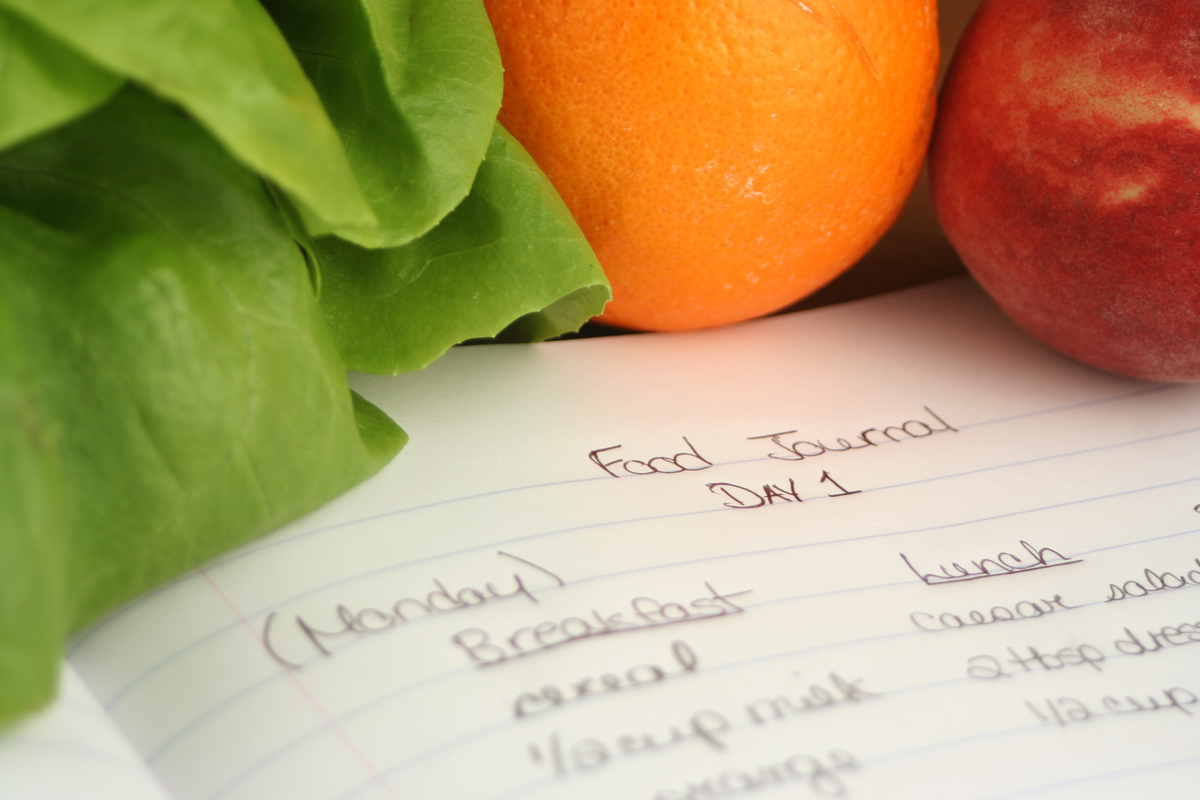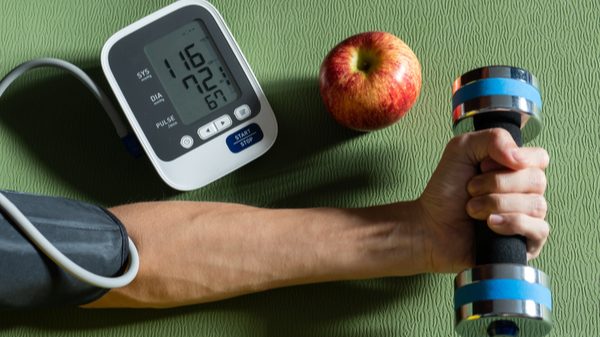Mindful Eating
Awareness is an easy understanding of mindfulness. This aspect is likely to follow awareness regarding the things we eat, the way we eat, the reason we eat and the time that we eat. People usually enjoy second servings at dinner time. Some people also eat when they feel sad or are depressed.
However, this kind of habit adds up to accumulate calories and is not considered good. Generally, mindfulness is a behavioral technique that helps in aligning habits according to our desires. Habits usually determine the success of something and the person that we are. But with time, habits need to evolve accordingly in order to achieve the goals and grow as an individual.
Food Journaling
A method of mindful eating is known as food journaling or food tracking. It is also possible that this may turn out to become an unhealthy habit. Instead of looking at all the negative impacts of food journaling, take into account the positive aspects:
- It helps in taking into account the things eaten all day.
- If calories are being noted, then variations can be made at places where improvement is needed in order to reach the goal.
- It helps in observing whether proper food intake is there or not.
- It helps in finding out whether a person eats when he is hungry or to cure his boredom.
- It aids in determining the time at which a person becomes hungry and altering the eating schedule as needed.
Many tools are present that aid in logging in food in the cell. Measuring calories is also one of the functions done by them in order to understand how much is being eaten within a day. Another option is a hand-written food journal.
An aspect that people usually do not look into is the amount of calories present in processed foods. A diet consisting of processed items contain a lot of calories as compared to a whole meal consisting of vegetables, fruits, whole grains and quality meat.
Reasons to Keep a Food Diary
A food diary helps in keeping track of the amount of calories consumed each day. And when trying to lower weight or maintain a good diet, a food diary helps in keeping track. Calories can also be determined by Fitday’s online journal besides keeping a written diary too. This will help in quickly determining the amount of calories taken each day by every meal and also helps in calculating rapidly every day. Many reasons involve the need for keeping a food diary. Some of them are:
1. Food Diary Will Show What You Eat
This reason is the one most neglected for keeping a food diary. You may think you know everything that you eat each day. You may even be thinking that you know the number of calories you take in every meal. The fact is people eat besides the regular three meals a day, and the extra calories obtained are usually from this snacking habit. If you want to maintain a healthy weight or lose weight, it is crucial to note the calories intake every day.
2. Food Diary Help to Lose Weight
Some specific food items can be removed from the diet if it is seen they give more calories than needed. It may come as a surprise to you that some foods that you perceive as healthy actually contain large quantities of calories when noted in a food journal. By keeping this in mind, you can get rid of some of these calories by using alternatives in your diet.
3. Food Diary Help to Plan out Meals
Firstly, everything that you eat should be noted down in your food diary. But with time, a food diary can be used to navigate basic meals and snacks that suit your need for a more balanced diet.
4. Food Diary helps you with what you have to eat
A food diary acts as a record for everything, whether to determine if you are getting vegetables for diet or if lunch is not being taken properly, everything is recorded in the food diary. After finding out where a person is lacking with respect to getting some food, the diet can be planned a little better.
5. Food Diary keeps you on Track
With time food diary makes the person consume healthier meals. After noting down and observing the food items that bring up your calories, you will try to not eat things like these in the future. A food diary helps the consumer to look at food from a new perspective. This is mainly why food diaries should be started as soon as possible. A food diary may not help in incorporating new snacks or meals. However, calories can be cut off by using this method.
Food Trackers
Food trackers are growing rapidly with time and go from high-tech, Smartphone food journals and trackers to low-tech pencil and paper choices. What is important is to gain as much experience from the things observed.
No matter the type of style or program used by you, a few things should be included. What you add in your journal depends on what you are actually trying to achieve; it may be losing weight, trying to understand your food sensitivities, keeping a record of proper nutrition or reversing heart disease.
No matter the reason for your struggle, in order to obtain maximum benefits, some specific areas should be kept in mind.
What to Track?
· Food
The most important point is to note down everything that you consume or drink. The main focus should be being honest to your own self and noting everything that you consume. Staying honest will help in making the method of journaling more compelling in order to form healthier habits that help gain good health and well-being.
· Portion Size
Note down everything in the amounts that are taken, like a tablespoon of butter, a cup of ice cream or berries, 25 almonds or a 15-ounce bag of chips. The requirement of your goals determines the amount of food that should be taken by you.
Due to our thoughtless eating, the quantity of food consumed escape our notice altogether. Notice the 24-ounce bag of chips that finishes while watching a show. You get an idea about the recommended serving size mentioned on the food label by also noticing what and how much you eat on a daily basis.
· Time
Keeping note of the time of day in which you eat something is important in determining the pattern of eating.
For instance, it is easily noted whether you are not eating properly or starving yourself for too long of the period that results in unhealthy eating habits later in day or night. Person’s eating habits and health are thus refined by forming strategic eating plans.
· Place
The area where you usually eat also helps to identify eating patterns. Whether you are hurrying or eating in a car, or not focusing on eating while watching TV?
How often do you eat out or visit a fast food joint? Are you eating at the table properly while sitting or while standing and doing other work too?
Food choices are affected by the place where you usually eat, so by altering these, good habits are formed.
· Hunger Level
This factor is essential in keeping in check in a food journal to bring alertness as to why a person is eating more or the quantity he is consuming. Some people eat beyond their body requirement of being hungry or the feeling of satisfaction.
This mindfulness eating strategy helps a person to eat properly when feeling hungry and to diminish eating when full and satisfied.
· Feelings
Being aware of feelings before and after feeling will help a person to know the reason behind eating. Unhealthy eating habits are unraveled by this method to find out why a person eats late at night or raiding the vending machine due to stress.
After you find out the reason for overeating, the feelings due to which it occurs can be resolved in a healthy and effective manner. Keep a food journal with you, and you will see a pattern emerging. It can be used to learn your habits, food you eat portions and much more.













